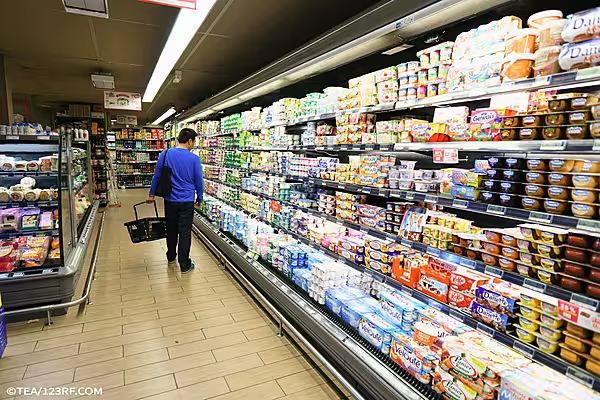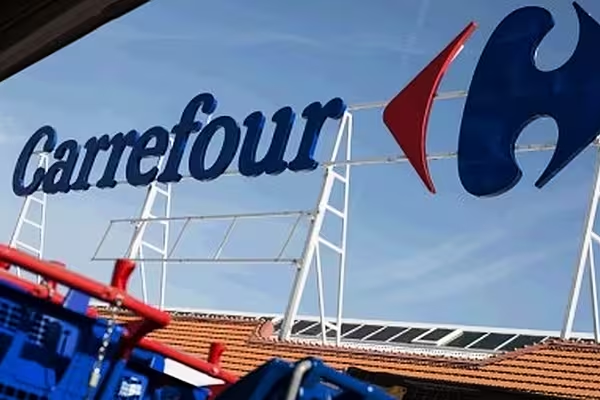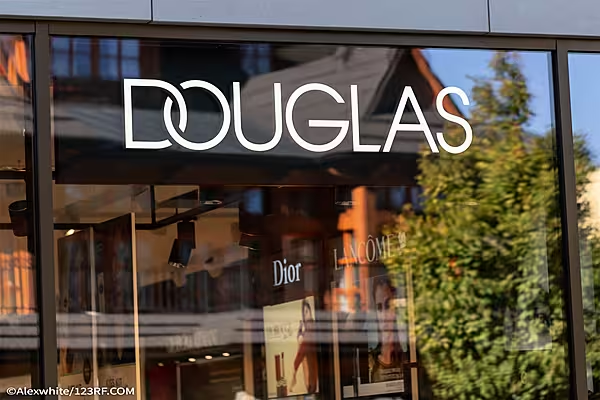French economic growth is holding up for now despite the energy price shock from the Ukraine crisis, but business and consumer confidence is falling fast, the INSEE official statistics agency said.
The euro zone's second-biggest economy is on course to grow 0.3% this quarter, down from 0.7% in the fourth quarter but unchanged from a previous estimate last month, INSEE said.
A fall in consumer spending would be offset by business investment, public spending on COVID tests and vaccinations and companies rebuilding depleted inventories, INSEE said in its economic outlook.
Increasing Energy Prices
While limited so far, the economic impact of the Ukraine crisis could take a bigger toll going forward, especially through energy prices.
If energy prices remain at elevated levels seen at the start of March for the rest of the year, the French economy would lose around a percentage point of growth, INSEE estimated.
The agency said early results coming in from its monthly business confidence survey showed a sharp deterioration, especially in the manufacturing, wholesale and retail sectors.
In the face of high energy prices, executives are expecting price pressures to get sharply worse - with the exception of the service sector.
Consumer Confidence Expectations
Meanwhile, early results from INSEE's monthly consumer confidence survey also show households expecting a sharp drop in standards of living and a sharp increase in inflation expectations.
INSEE estimated French inflation would rise from 3.6% in February to 4.2% in March and possibly reach 4.5% in the course of the second quarter. Food prices were 1% higher in February, it noted.
In the face of surging energy prices, the government has capped gas and electricity price increases, without which inflation would have topped 5% in February, INSEE calculated.
News by Reuters, edited by ESM – your source for the latest Retail news. Click subscribe to sign up to ESM: European Supermarket Magazine.











